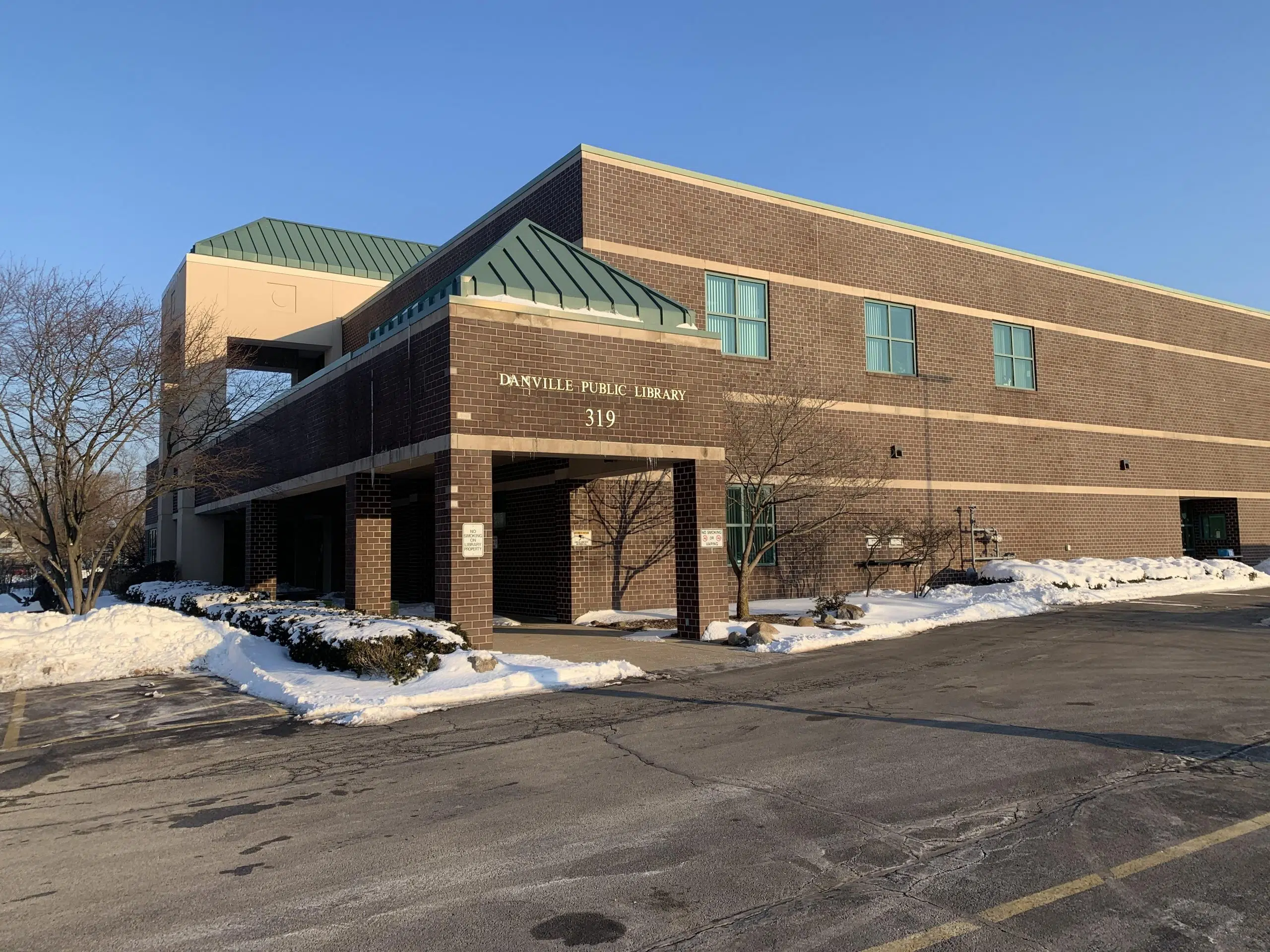Illinois lawmakers will have to pour over a half billion dollars more than last year into the state’s retirement accounts in their next budget. The rapidly growing number has both sides of the aisle asking for some sort of pension reform.
A November report by the nonprofit Civic Federation estimates that Illinois lawmakers will have to make an $8.4 billion pension contribution in their next budget. With an estimated 89 percent of that figure coming out of the General Revenue Fund, that is a quarter of the state’s budget and $589 million higher than the current minimum contribution.
Members of the House Personnel and Pensions Committee are concerned about it crowding out state services, but their hands are constitutionally tied when they look to fix it.
State Rep. Mike Zalewski, D-Riverside and vice-chair of the committee, worries that the growing obligation puts the state in a tough spot, but he said the promises were made and lawmakers now need to find a better solution.
“It puts an additional strain on a likely strained budget process,” he said. “We do have to maintain our commitments, but it really does create a difficult dynamic for us.”
State Rep. Tom Morrison, R-Palatine and the committee’s GOP spokesman, calls the growing cost evidence that raising taxes isn’t going to solve the state’s financial woes.
“Our real solution is comprehensive pension reform as they’ve done in other states,” Morrison said. “We have got to be honest with our taxpayers and public employees alike in that we are in a system that isn’t sustainable.”
Illinois lawmakers placed a historic tax increase on businesses and individuals in July when they voted to override Gov. Bruce Rauner’s veto of a $5 billion tax hike.
Illinois’ pensions are protected from any cuts by language in the state’s Constitution. In recent years, lawmakers have passed laws to reform the state’s pensions but have been shot down in court. Morrison said the only way the state will get out from under the growing pension burden is to change the state’s governing charter to allow for changes to state pensioners’ plans. This is akin to what a number of other states have done in the last decade, including California in 2012.
###












